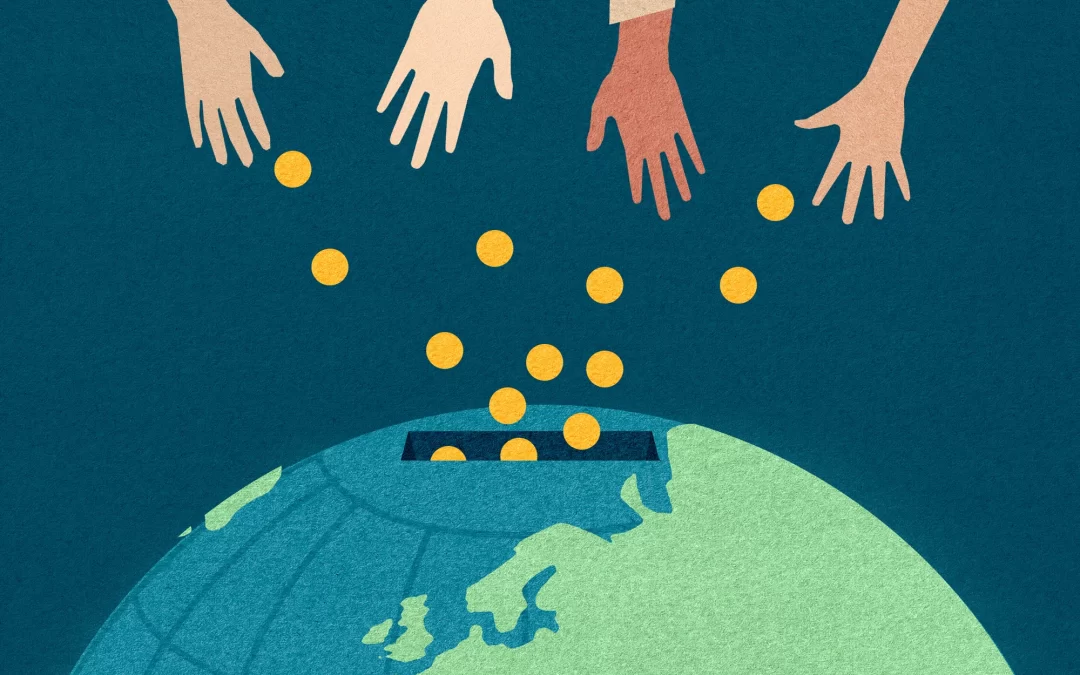Beneath the tranquil waves of our oceans, a battle is unfolding – a battle that pits the resilience of kelp ecosystems against the relentless force of rising marine heat. As marine heatwaves become more frequent and severe, the survival of these vital marine resources hangs in the balance. In this article, we delve into the fascinating world of kelp and its struggle to endure in the face of escalating temperatures. We’ll explore the challenges these ecosystems face and the strategies that hold the key to their protection.
A Marvel of Marine Ecosystems
Kelp forests are among the most dynamic and productive marine ecosystems on Earth. These underwater wonders are teeming with life, providing habitat for countless species and contributing to the health of coastal environments. Kelp’s ability to absorb carbon dioxide and release oxygen rivals that of terrestrial forests, making them crucial allies in the fight against climate change.
Rising Marine Heatwaves
However, the warming of our oceans poses a grave threat to kelp ecosystems. Marine heatwaves, fueled by climate change, bring elevated sea temperatures that can trigger widespread kelp die-offs. These heatwaves disrupt the delicate balance that sustains kelp forests, leading to reduced growth, altered biodiversity, and potential cascading effects on marine life.
Challenges and Consequences
The challenges kelp faces are multidimensional. Warmer waters can stress kelp, making them susceptible to diseases and pests. Additionally, increased temperatures can lead to the expansion of herbivore populations, further jeopardizing kelp survival. As kelp declines, the consequences ripple throughout marine ecosystems, impacting species that rely on them for shelter and sustenance.
Strategies for Protection
Despite the challenges, there is hope for the survival of kelp ecosystems. Conservationists and scientists are working tirelessly to implement strategies that enhance their resilience. Establishing marine protected areas, monitoring water quality, and fostering community engagement are among the approaches being used to safeguard kelp and restore their vitality.
The Role of Communities
The battle to protect kelp ecosystems transcends scientific research and policy changes – it requires the active participation of local communities. Recognizing the importance of kelp for coastal economies, fisheries, and cultural heritage, communities are stepping up to support conservation efforts. By forging connections between science, policy, and grassroots initiatives, we can amplify the impact of our actions.
A Shared Responsibility
The survival battle against marine heatwaves and their impact on kelp is a shared responsibility that extends beyond borders. Global collaboration is essential to mitigate the effects of climate change and protect these crucial marine ecosystems. By reducing carbon emissions, advocating for sustainable fishing practices, and promoting ocean conservation, we can create a brighter future for kelp and the myriad of species that depend on its existence.
Conclusion
Kelp in hot waters is a poignant metaphor for the broader challenges our oceans face in the wake of climate change. The resilience of these ecosystems hinges on our ability to take swift and meaningful action. As we navigate the intricacies of protecting kelp forests, we must recognize their intrinsic value and the ripple effects their survival has on marine life, coastal communities, and the health of our planet. By joining forces and addressing the root causes of marine heatwaves, we can tip the balance in favor of kelp’s enduring vitality.








